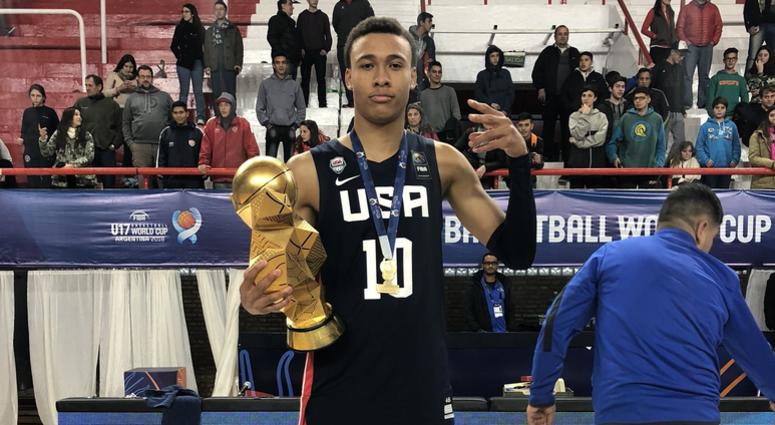The NCAA is a tax-exempt 501(c)(3) non-profit organization with over $1 billion in annual revenue. That should sound contradictory to most logical thinking people. Top high school recruits are more educated than ever when it comes to knowing their worth. In today’s global economy, top athletes are finding ways around the NCAA and it’s free labor system.
Working Around The NCAA Free Labor System
R.J. Hampton is a consensus top five high school basketball recruit in the class of 2019. In late May he announced he will play for the New Zealand Breakers of Australia’s National Basketball League. He will make well over six figures overseas and play against professionals while still living in an English speaking country. Hampton is also projected to be the number 6 overall pick in the 2020 NBA draft. He’s strategically getting paid to focus 100% on preparing for his professional future as opposed to participating in the hypocrisy of major college sports.
Two weeks after Hampton’s announcement Kenyon Martin Jr., another highly recruited prospect in the class of 2019, decided to decommit from Vanderbilt to play professionally overseas. Martin is the son former NBA All-Star and number 1 overall draft pick Kenyon Martin Sr. Needless to say he comes from a financially stable background. It’s clear in both situations the decision isn’t all about a pressing need for money, it’s about not playing for free on prime time cable television while your coach makes millions and the NCAA makes billions.
Trendsetters
Hampton and Martin are the first high school players to willingly forgo college basketball to explore professional opportunities in other countries. Several players in the past have played overseas before entering the draft, but they all had college eligibility issues that may have prevented them from playing NCAA basketball. The trend is guaranteed to continue. Just like most unfair systems, they need “us” more than we need “them.”








